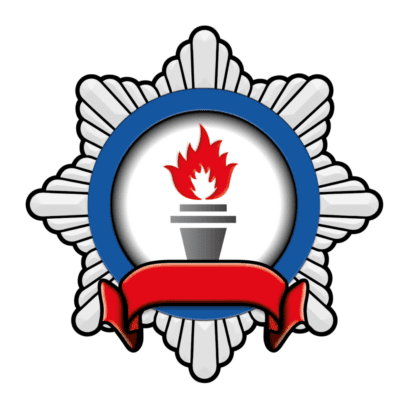Published 6 September 2021
National Fire Chiefs Council to work with the Joint Unit for Waste Crime

The National Fire Chiefs Council (NFCC) will join other national partner organisations as it becomes a strategic member of the Joint Unit for Waste Crime (JUWC).
JUWC was launched in January 2020 and brings together law enforcement agencies and UK environmental regulators to tackle serious and organised waste crime.
The impact of waste crime on fire and rescue services is wide reaching as activities such as fly-tipping pose a risk of fire and the mislabelling and dumping of hazardous waste requiring fire service expertise and multi-agency collaboration.
Fires at unregulated waste sites can result in fire services dealing with challenging and protracted incidents and can put firefighters at greater risk as there is often little information on the content of the waste stored on site and good operating practices may not be followed.
Fire and Rescue Service is not only an emergency responder to sites when fires occur but is also a ‘Regulator’ by virtue of the Regulatory Reform (Fire Safety) Order and significant resources are applied to both roles.
NFCC will be represented on the JUWC by Waste Fires Lead, Mark Andrews and Rob Barber, co-chair of NFCC’s Waste Fires group.
Mark Andrews commented: “NFCC is delighted join the JUWC and contribute to tackling waste crime.
“Through our involvement we will support partners in reducing organised crime and benefit fire and rescue services by helping to prevent waste fire crime incidents, which not only impact on fire resources but on local communities and the environment.”
Phil Davies, Joint Unit for Waste Crime Manager, said: “We are delighted to welcome the NFCC to the JUWC. The NFCC brings expertise in handling hazardous waste and managing waste fires and also access to additional resources, capabilities and legislative powers to add to the growing skill set within the JUWC.
We remain convinced the best way to tackle serious and organised crime in the UK waste industry is by working collaboratively, targeting our collective resources where they will have the greatest effect. “
The estimated cost to the UK economy of waste crime activities is £1 billion a year and an independent review commissioned by Defra in 2018 found that perpetrators are often involved in other serious criminal activity, including large scale fraud and in some cases modern slavery.
